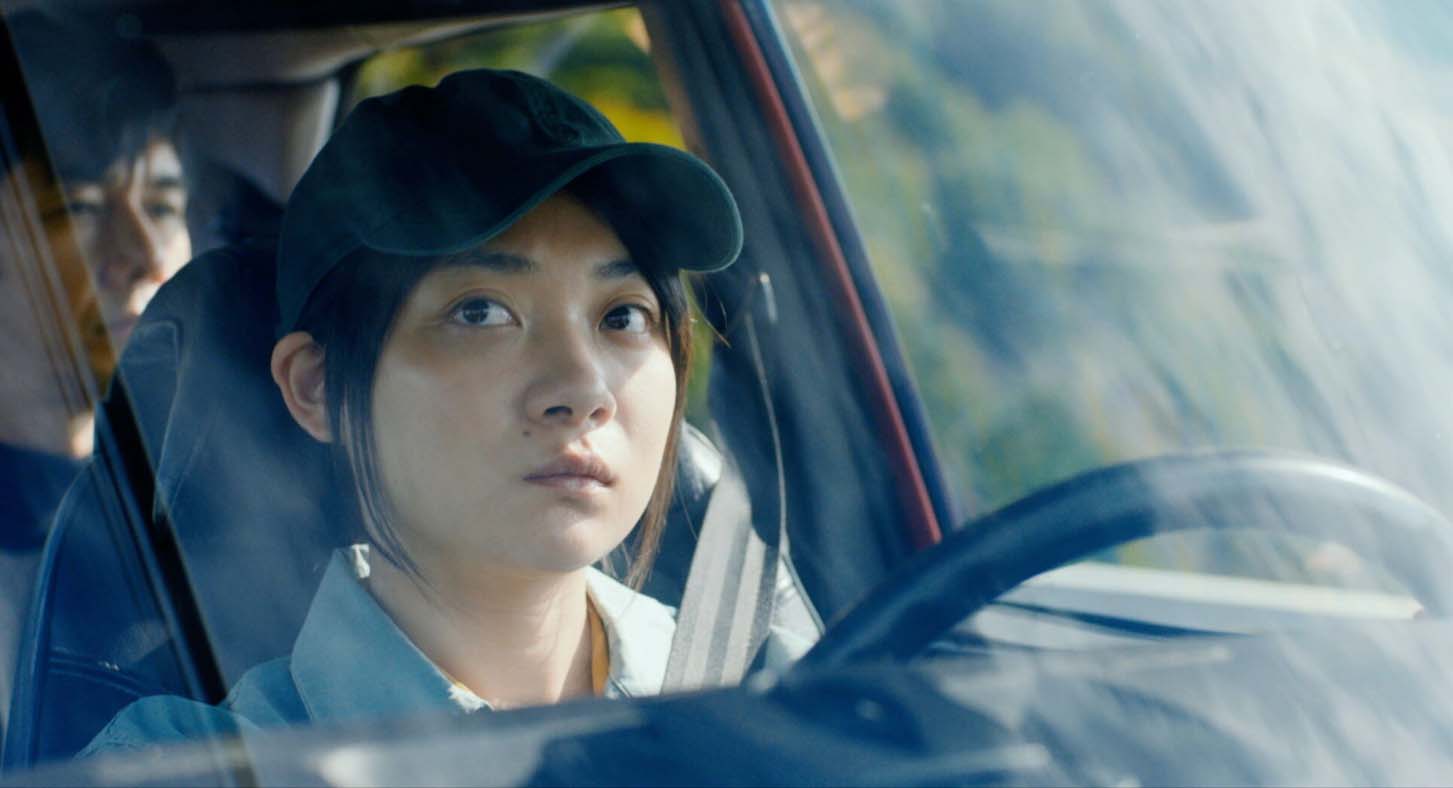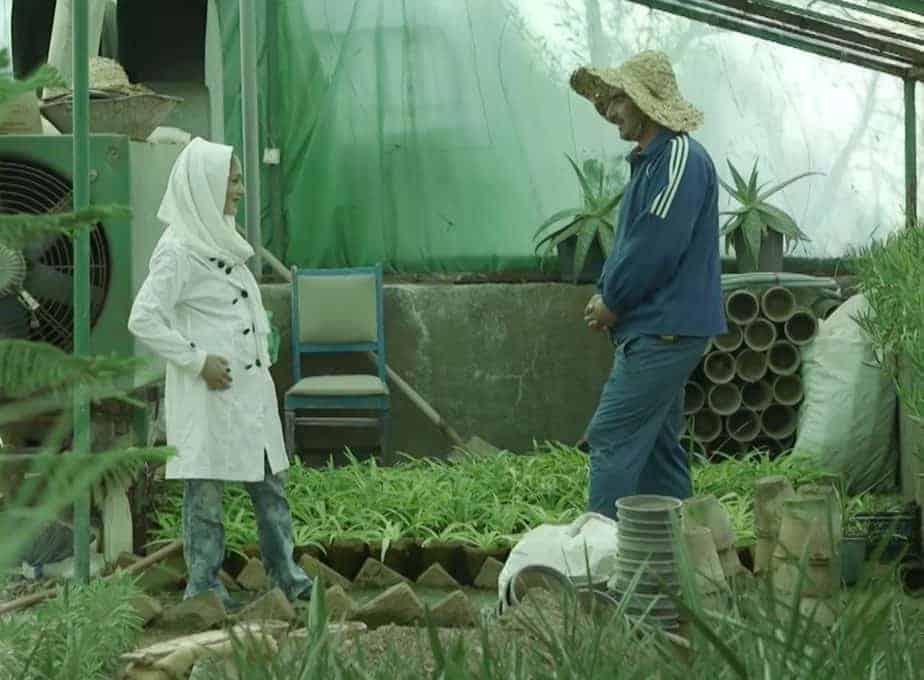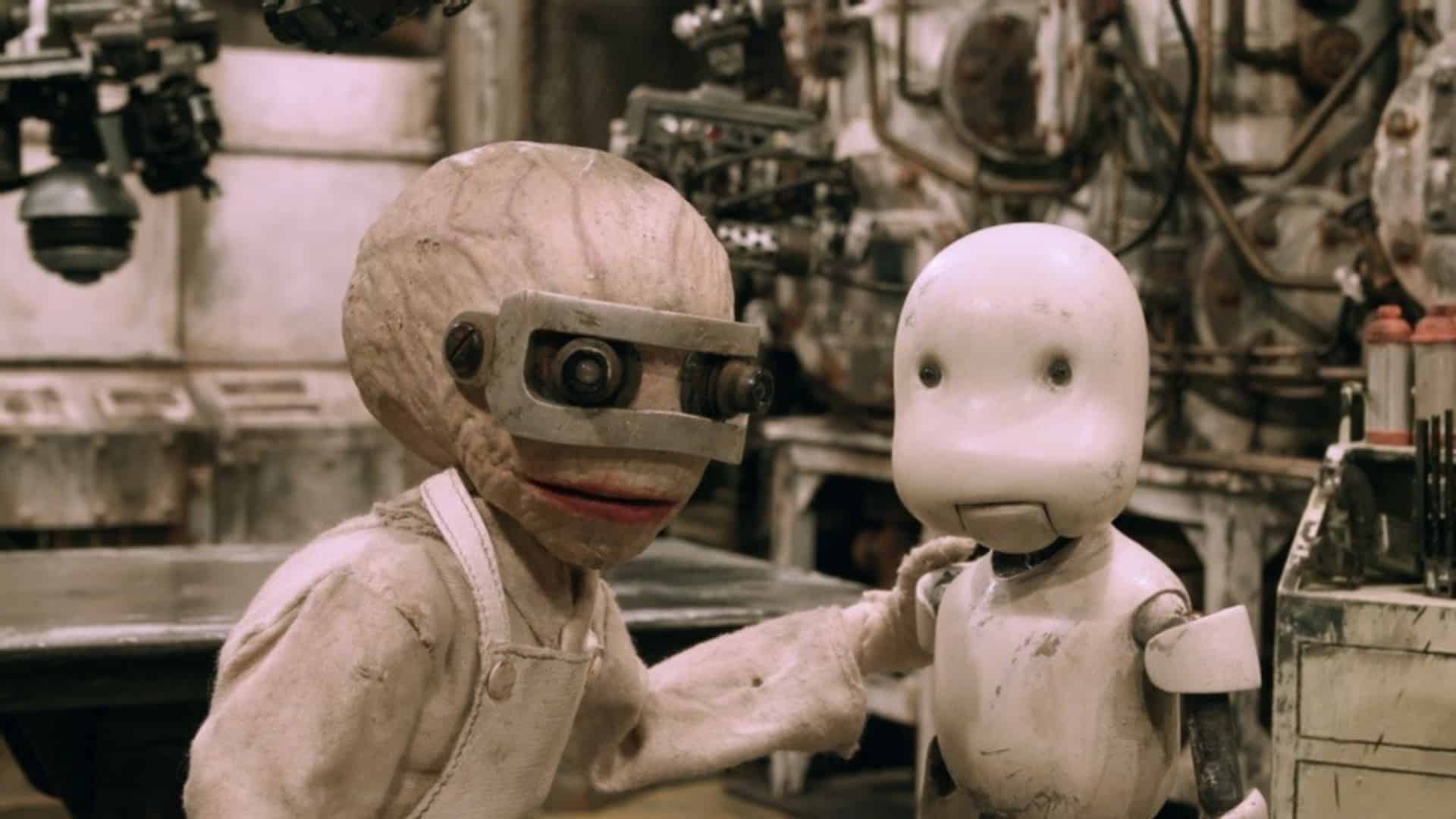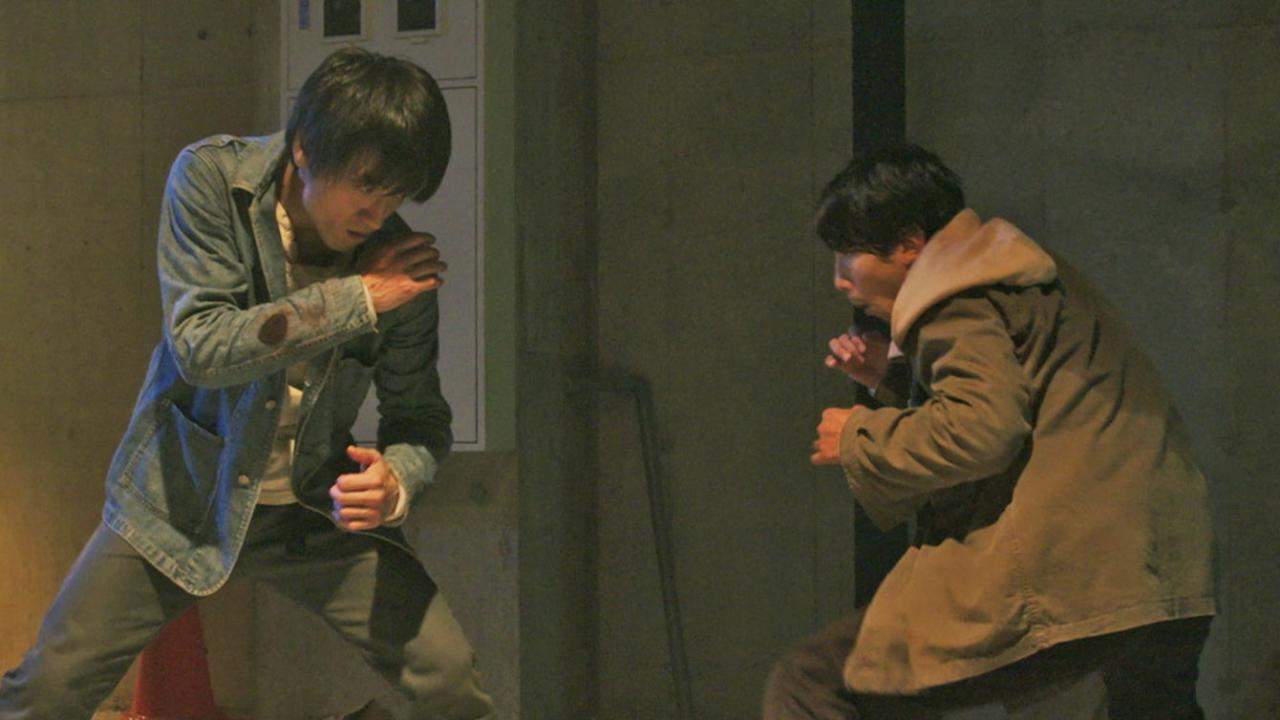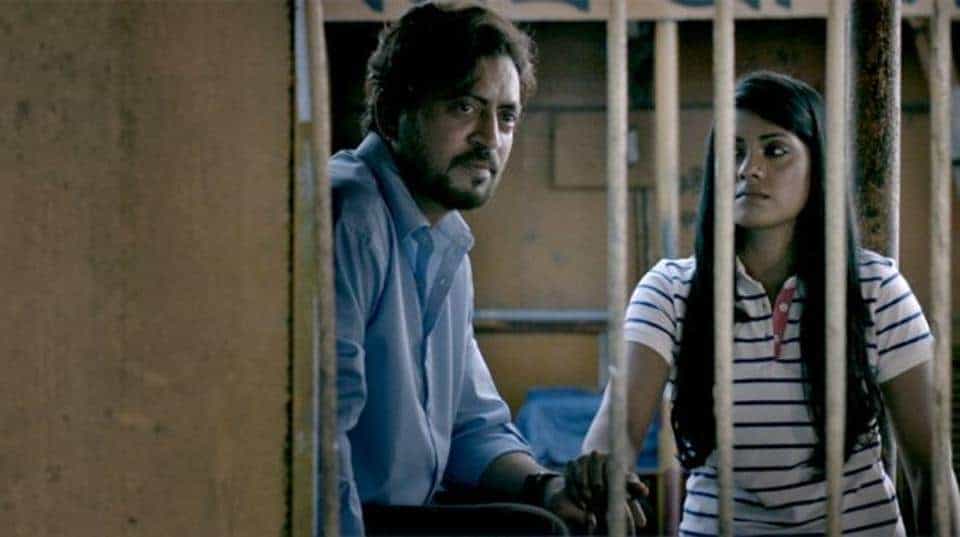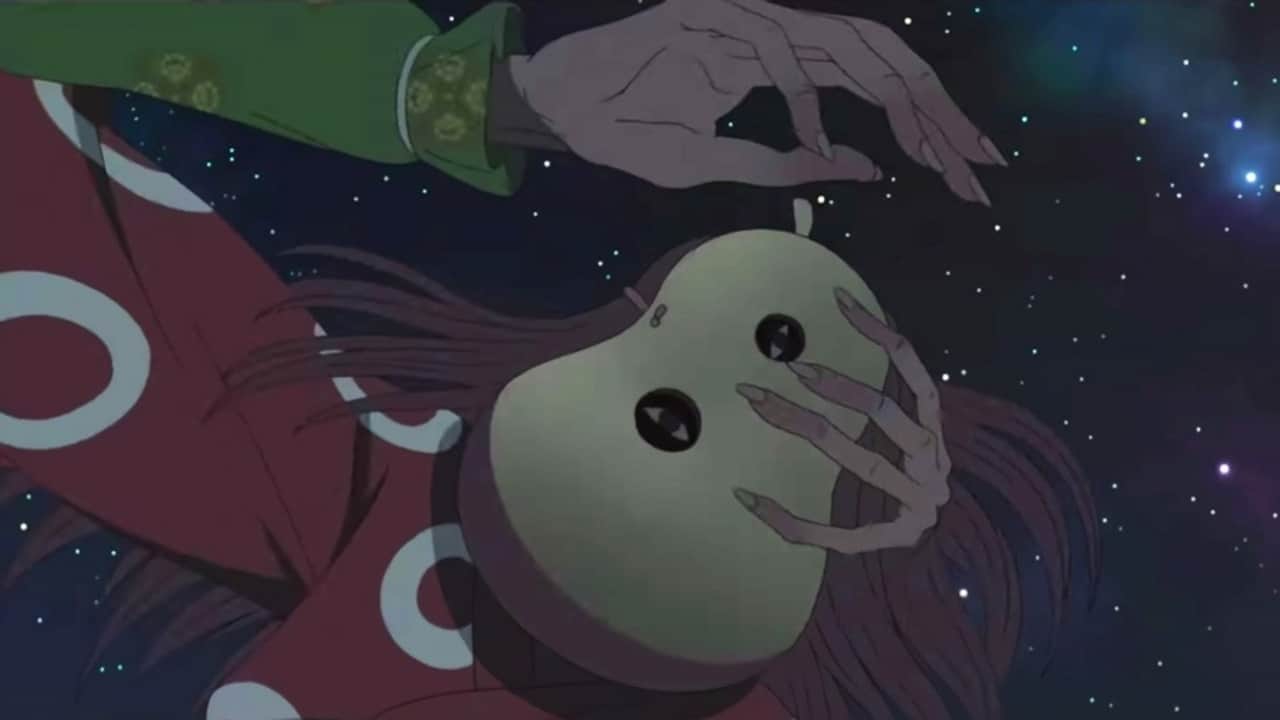One of the greatest aspects of cinema, making it distinct from other media, is the fact it can capture time. While the Brothers Lumiere already emphasized this point with their first films showing the arrivals of trains at local stations, perhaps no one else has explained the relationship of time and cinema better than Russian filmmaker Andrei Tarkovsky in his masterful essay “Sculpting in Time”. Film, similar to photography, is capable of capturing a certain moment in time, but can also reproduce it as much as the viewer likes. Given this ability, we as the audience are able to re-live and contemplate on the moment, resulting in the possibility of film changing our way of thinking and our lives. While most certainly not every director follows these principles as highlighting the entertainment aspects of the medium is much more profitable, there are those who have managed to test and to some degree even expand Tarkovsky's observations, for example Edmund Yeo in his 2011 short feature “Last Fragments of Winter”.
“Last Fragments of Winter” is streaming on MUBI
Inspired by a short story called “The Moon” by writer Mieko Kanai, the story revolves around a family and their individual experiences, all of which are somewhat linked to an encounter with the devastating force which is time. While the father (Berg Lee) attends a Buddhist funeral, reminiscing the life of the deceased person and his relationship to her, who appears to him as a ghost. Back in his apartment, we find the mother (Tan Ley Teng) sending their teenage son (Foo Kang Chen) on an errant to buy some groceries for his father's dinner. These events are framed by a young woman (Arisa Koike) who is on a visit in Japan and seems enamored with the snowy landscapes of the Japanese mountains, and takes various pictures.
According to Yeo, “Last Fragments of Winter” should be regarded as a “cinematic poem”. This is truly an important statement, as the short abandons notions of linear storytelling in favor of a more “episodic” or “fragmented” approach, which at times even repeats certain scenes, albeit with additional information about the characters or their relationship. Upon finding an antique watch hidden underneath the snow, the young woman we meet in the beginning becomes fascinated with the item, and seems to even abandon her camera at one point. While the concept of time may be linked to a linear entity to some, the reality of the movie suspends this notion, and changes between the idea of fixed, recorded moments and the fluidity of time, for example, in our memory.
Despite the beauty of the settings – the snowy mountains or later on the rice paddies in Malaysia – there is always the understanding of this moment being either already over, experienced so to speak, and thus fleeting. With its narrative structure, the way the deceased seems to interfere with the living and how we are able to re-play a certain moment in our memory, even change or edit it, Yeo emphasizes time as being fluid, every moment as precious given its fleeting quality. There is something truly beautiful and sad about this concept he proposes, a contrast which is truly poetic.
“Last Fragments of Winter” is a short feature about the fleeting nature of time, about memory and our ability to record moments of our life. Edmund Yeo's “cinematic poem” stays true to its definitions with its contemplating nature and truly beautiful imagery, emphasizing how time may shape us, but how we may be able to alter it as well.




